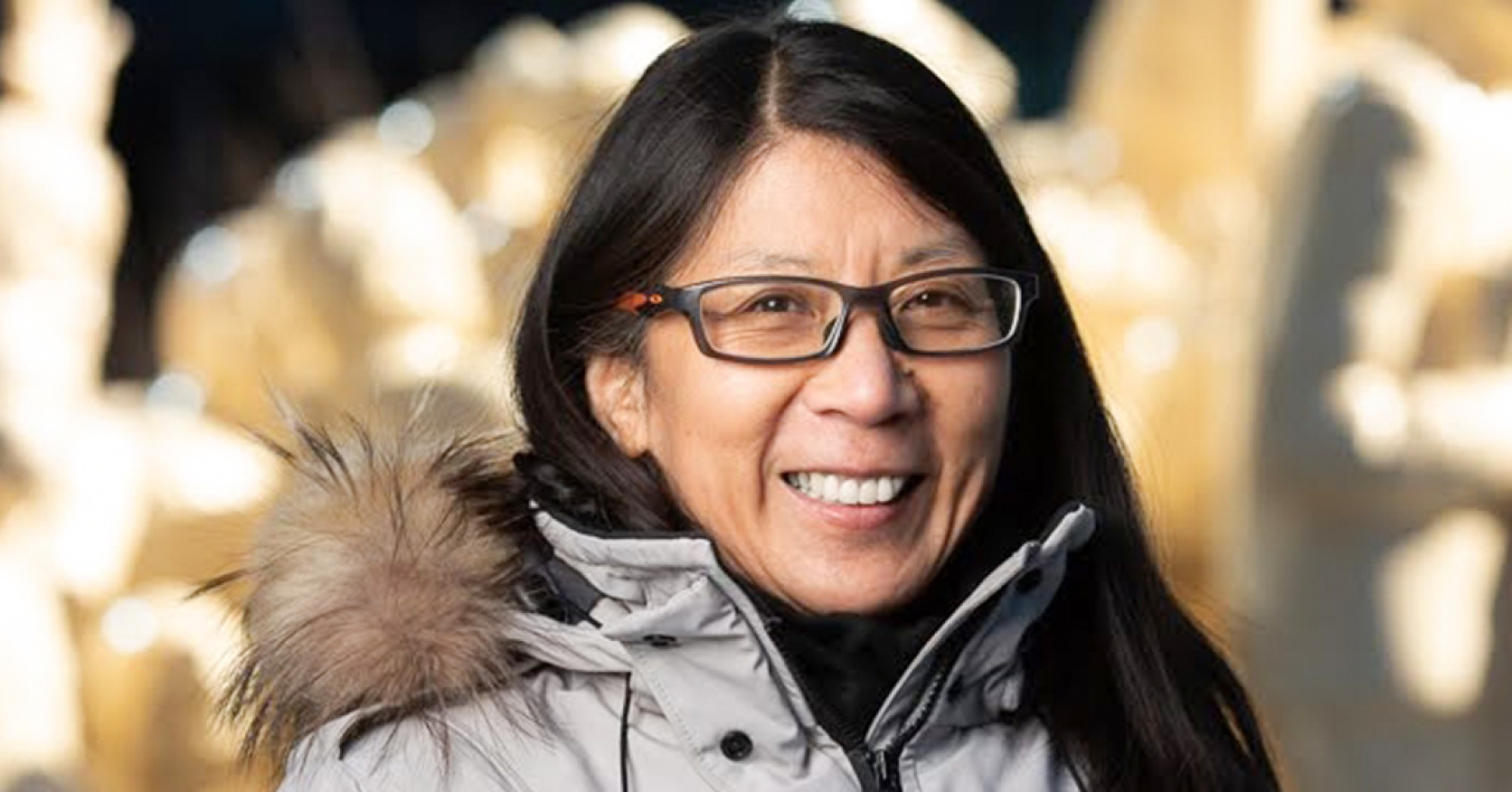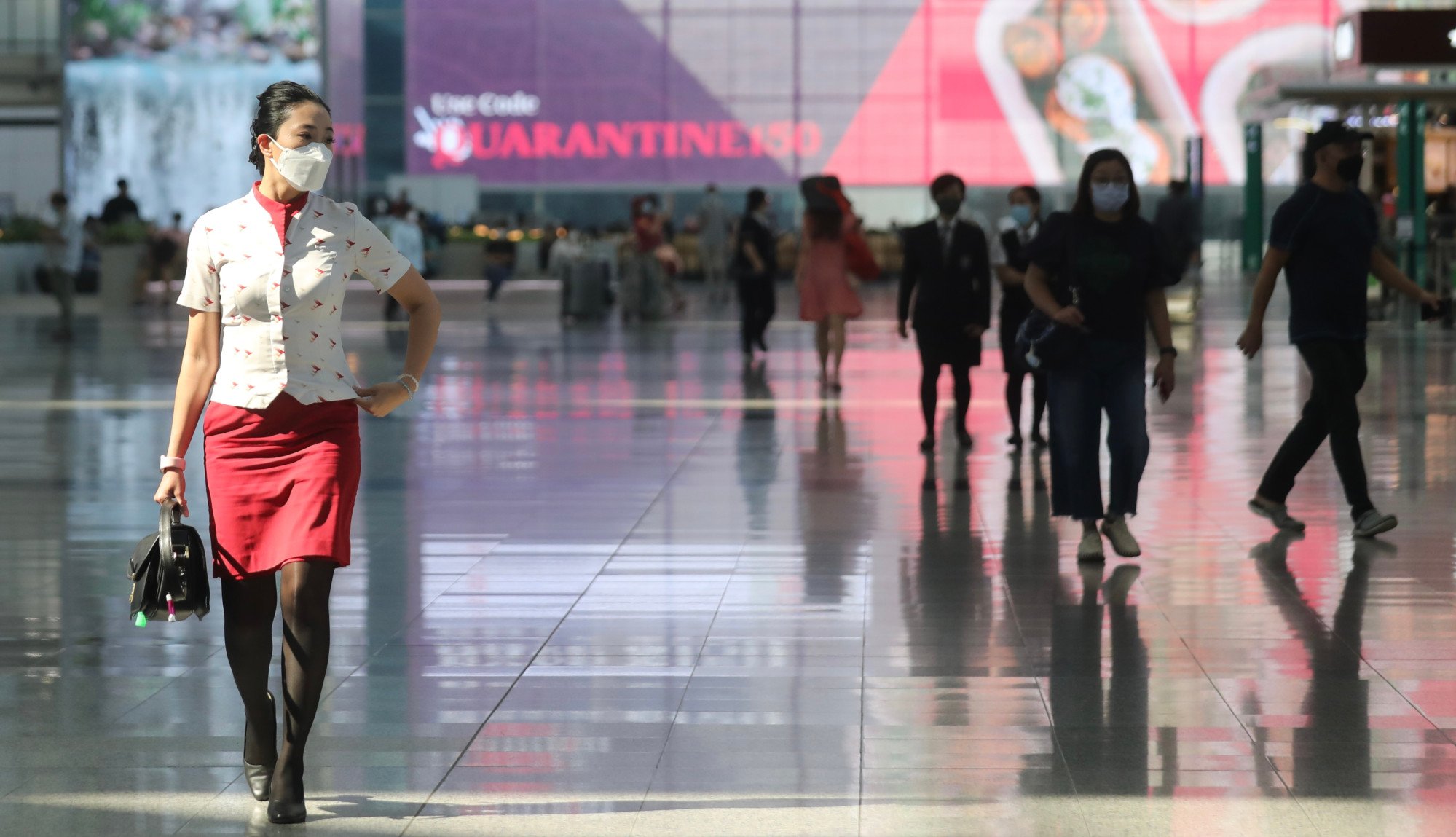
The No 1 lesson from Covid-19, Ebola and Spanish flu? Countries must learn to work together, pandemic and emergency expert says
- Aid group Medecins Sans Frontieres’ former international president says collective amnesia follows health emergencies such as the Covid-19 pandemic
- The ‘everyone for themselves’ mentality won’t work, says Joanne Liu, who worked for the medical aid charity during the past decade’s global Ebola crisis
The number one lesson we have gleaned from the coronavirus pandemic so far is that countries must learn to work together to tackle medical emergencies quickly and effectively.
That’s according to Dr Joanne Liu, who focuses on pandemic and health emergencies at the Pandemic Emergency Readiness Lab at McGill University in Montreal, Canada.
Speaking at a summit organised by the health-focused US media group Stat, the former international president of the aid group Medecins Sans Frontieres said she was disappointed, and a little surprised, when countries did not form a unified front against Covid-19.
Noting that each country tended to look to its own interests and follow its own guidelines at the height of Covid-19, Liu said that a fully global response would be necessary to control future pandemics.

“We are going to need to come together,” Liu said. “We can’t just say, ‘I’m going to do my little bit’ [to solve the problem] as that will not be enough.
“To make an impact, our response has to be articulated, and it has to be orchestrated. But I’m not sure that our global maturity has reached a level where we can do that.”
Liu says she was not surprised by the way countries responded to the Covid outbreak.
While working for Medecins Sans Frontieres, she served in West Africa during the Ebola epidemic of 2014 to 2016 – the largest outbreak of the disease since the virus was discovered in 1976. Ebola also spread to Europe, the UK and the United States.
Liu said that when the Ebola outbreak worsened, and fatalities started to increase in West Africa, she thought the world would unite to combat the incipient global threat. Instead, most governments chose to downplay or ignore the danger of it becoming a pandemic.

Liu didn’t expect an overarching “world government” to be formed to counter the threat; she just thought that governments would try to help each other.
“But the reality was that didn’t happen,” she said. “It was everyone for themselves.”
That scenario, she noted, played out again for Covid-19.
“What we learned from the pandemic is that human beings are survivors, they will fight for their own survival. So it’s normal, to some extent, that each country will look to its domestic interests. But as we are so interconnected and interdependent, it’s better to work together.”
The 1918 Spanish flu epidemic that ravaged Western Europe brought another phenomenon to the fore that’s still relevant. Although it infected around 500 million people and killed around 2.6 million, it was soon forgotten. A kind of collective amnesia seems to take place after such terrible events, Liu said.
While Covid-19 is still very much among us, a similar forgetting is under way.
“There is now fading interest in the pandemic – there is a rush to collective amnesia. We think that if we don’t think about it, if we don’t mention it, it might not happen again. That is just the way we work as human beings,” she said.
But it is just wishful thinking – and healthcare professionals should call out that amnesia. “It is important that we don’t downplay what is going on,” she said.
We should also learn from the mistakes governments made at the start of the Covid-19 pandemic, she said. Governments need to seek out the best advice from scientists, healthcare professionals and public health experts and act swiftly without concern for the political ramifications. Time is of the essence, and the politics can wait.
“The world was simply not prepared for a pandemic like Covid-19, and when it happened, all of us were in a state of disbelief. So at the beginning there was a kind of lost moment,” Liu said.
In Hong Kong, one of the first places affected, people scrambled for masks while the rest of the world simply ignored Covid-19.
We need to create the demand – we need to make sure the general population understands the benefits of vaccines
“The first cases were in December 2019 and it took four to six weeks for governments to become concerned,” said Liu.
The biggest failure? “Once the international declaration [of pandemic status by the WHO] was made, very few countries reacted. In the month of February 2020, people sat on their hands and nothing happened,” Liu said.
To move quickly and take action is crucial, she said. “Every day counts in a pandemic.”
“There is a way to speak about vaccines, a way to get acceptance,” Liu said. “We need to create the demand – we need to make sure the general population understands the benefits of vaccines.”
“You need to run campaigns, you need to answer the questions that people have, and share their concerns, making sure that no one feels ridiculed for asking questions,” Liu said.
Looking to the future, we owe it to those who died from Covid-19 to be prepared for future pandemics, Liu says.
Even though her work at Medecins Sans Frontieres took her to the aftermath of earthquakes and tsunami, she still found the devastation wrought by Covid-19 horrific.
